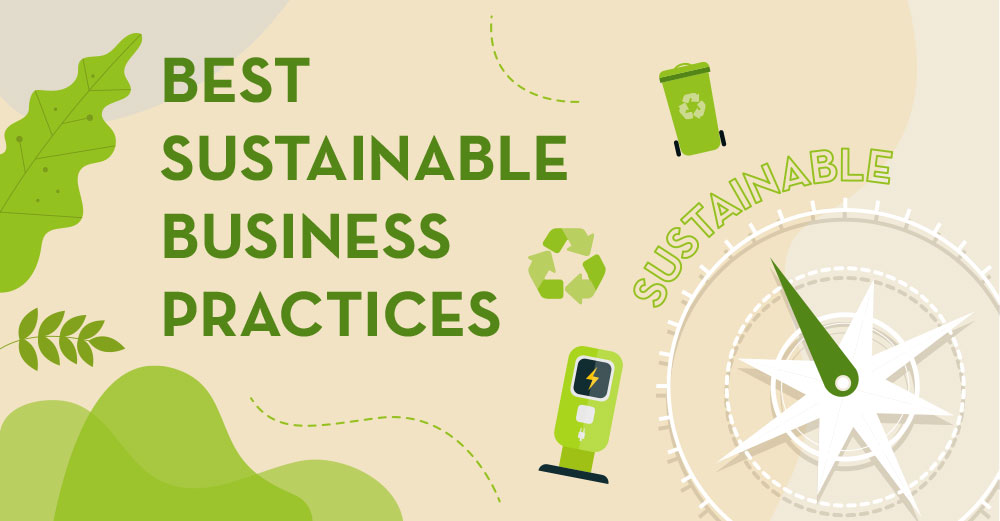In today’s evolving marketplace, sustainability has transitioned from being a buzzword to becoming a core business strategy. Companies around the world are realizing that going green is not just a moral imperative—it’s a financial and strategic one. Whether it’s addressing consumer expectations or complying with stricter environmental regulations, businesses embracing sustainability are setting themselves up for long-term success.
The Growing Demand for Sustainability
Consumers are more eco-conscious than ever before. A Nielsen study reveals that 73% of global consumers are willing to alter their consumption habits to reduce environmental impact. Millennials and Gen Z, in particular, demand more transparency and accountability from brands regarding their sustainability practices. Companies that fail to meet these expectations risk alienating a large segment of their customer base.
Benefits of Going Green
- Enhanced Brand Reputation
Adopting sustainable practices positions your brand as forward-thinking and socially responsible. Consumers are more likely to support businesses that demonstrate care for the planet, building loyalty and trust. - Cost Savings Through Efficiency
Sustainable measures, such as reducing waste, optimizing energy use, or switching to renewable energy sources, often lead to significant cost savings. For example, businesses that adopt energy-efficient equipment or streamline logistics can reduce overhead expenses while decreasing their carbon footprint. - Regulatory Compliance and Risk Mitigation
Governments worldwide are imposing stricter environmental regulations. Proactively aligning with these laws not only keeps businesses compliant but also prevents penalties and reduces risks associated with climate-related disruptions. - Innovation and Market Differentiation
Sustainability drives innovation. Whether it’s creating eco-friendly products, adopting circular economy models, or leveraging green technology, businesses that innovate stand out in competitive markets. - Employee and Stakeholder Engagement
A sustainable mission can boost morale and attract top talent. Employees increasingly want to work for companies that align with their values. Additionally, investors are prioritizing Environmental, Social, and Governance (ESG) factors when deciding where to allocate funds.
How to Integrate Sustainability into Business Operations
- Conduct an Environmental Audit: Identify areas of inefficiency or waste in operations.
- Invest in Renewable Energy: Transitioning to solar, wind, or other green energy sources can significantly reduce long-term costs.
- Adopt Circular Economy Practices: Focus on reducing, reusing, and recycling materials to minimize waste.
- Collaborate with Green Partners: Work with suppliers and partners committed to sustainability.
- Leverage Technology: Use innovations like IoT for energy monitoring or AI for optimizing supply chains.
Success Stories: Companies Thriving Through Sustainability
- Patagonia: Known for its commitment to the environment, Patagonia integrates recycled materials into its products and supports conservation efforts.
- Unilever: Through its Sustainable Living Plan, Unilever has saved billions by reducing energy consumption and cutting waste.
- Tesla: By championing electric vehicles and renewable energy solutions, Tesla has revolutionized the auto industry while reducing reliance on fossil fuels.
Conclusion
Going green is no longer a choice—it’s a necessity for businesses aiming to thrive in a sustainable future. By integrating eco-conscious strategies into their operations, companies can not only protect the planet but also unlock new growth opportunities, enhance their reputation, and achieve financial success. In the race toward sustainability, those who act now will be the market leaders of tomorrow.

